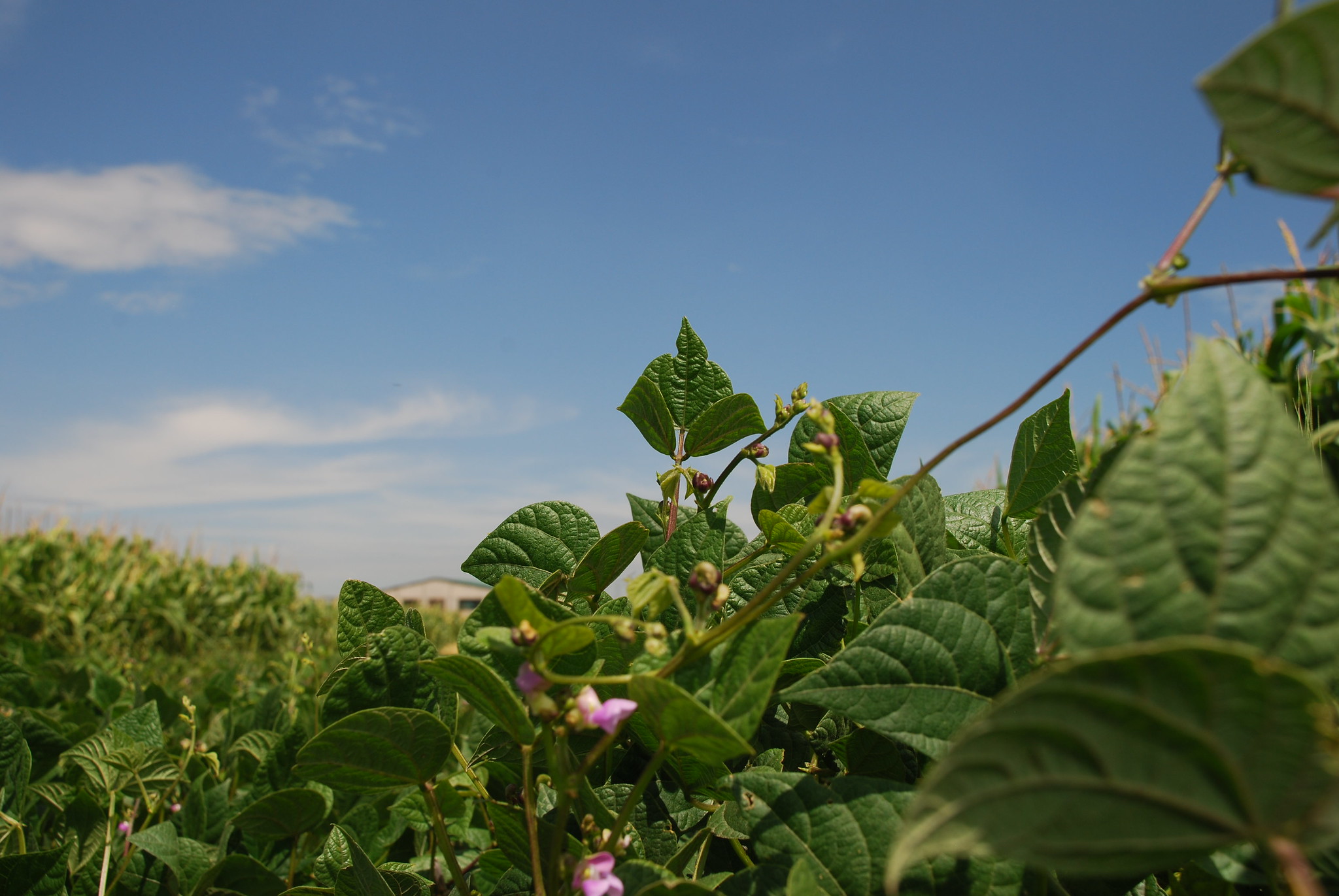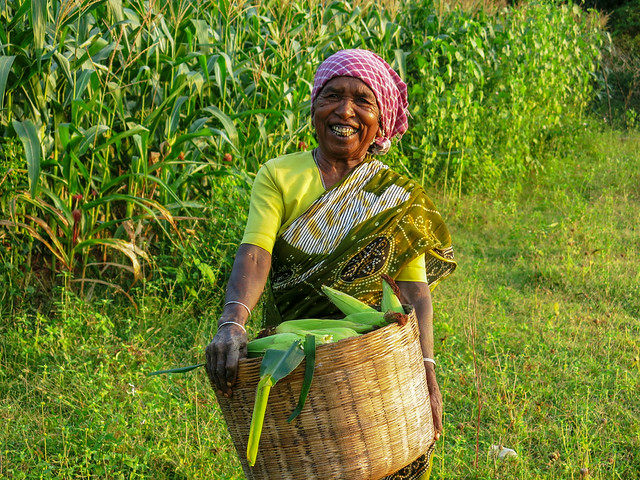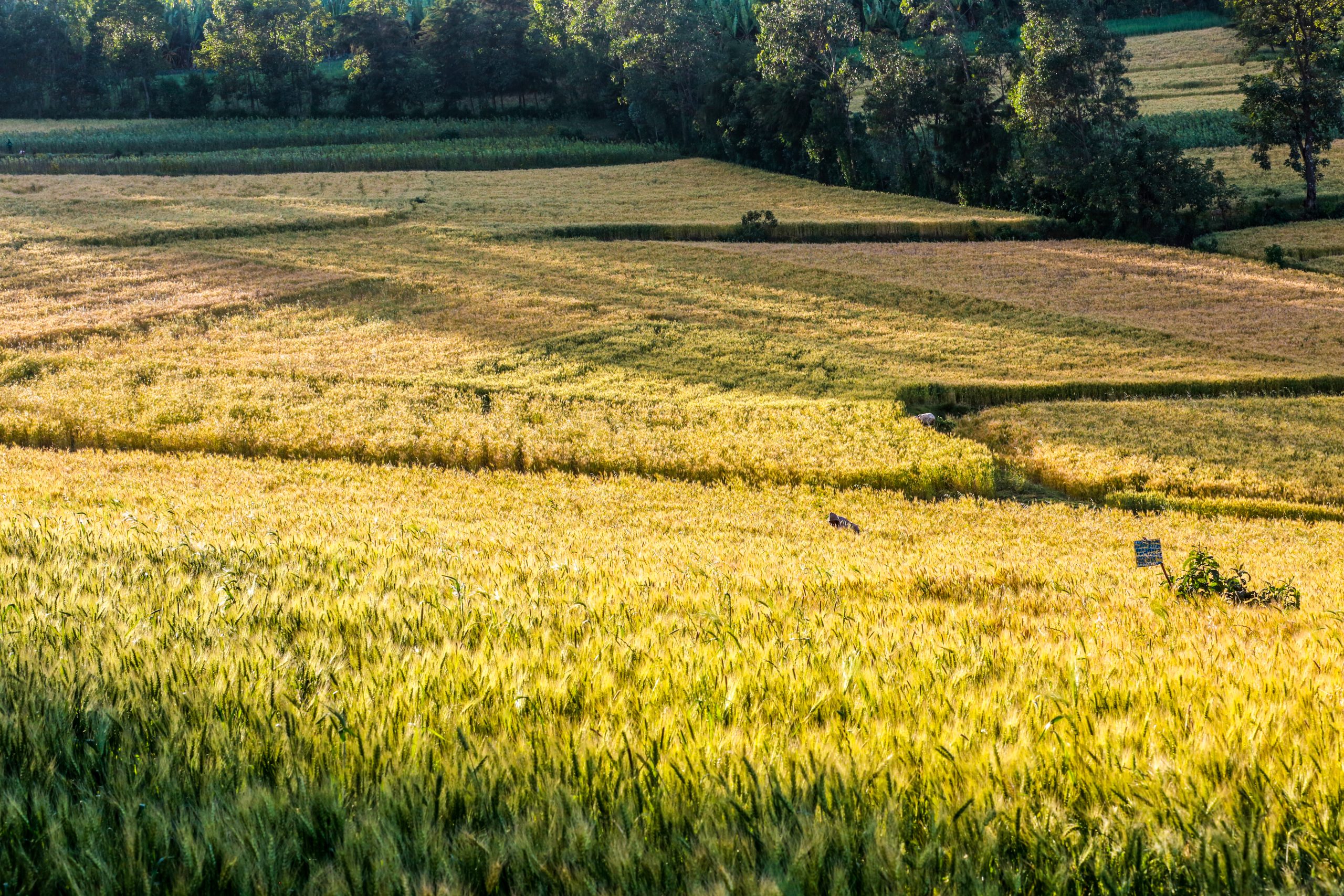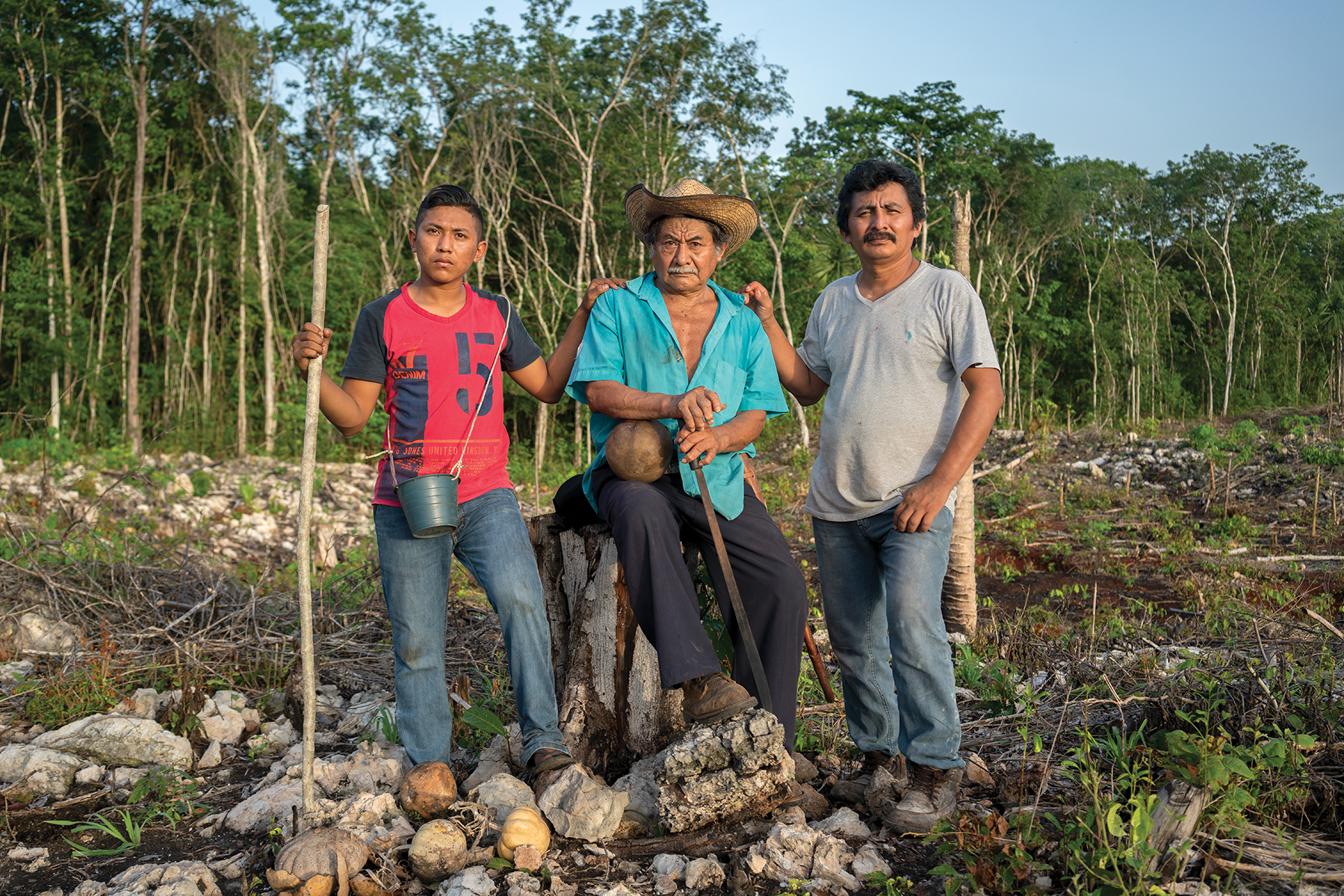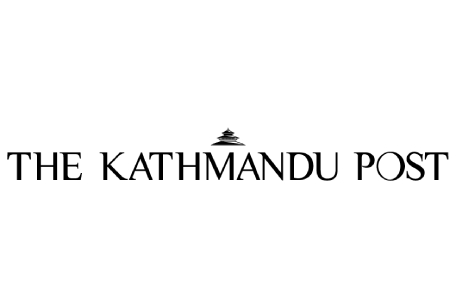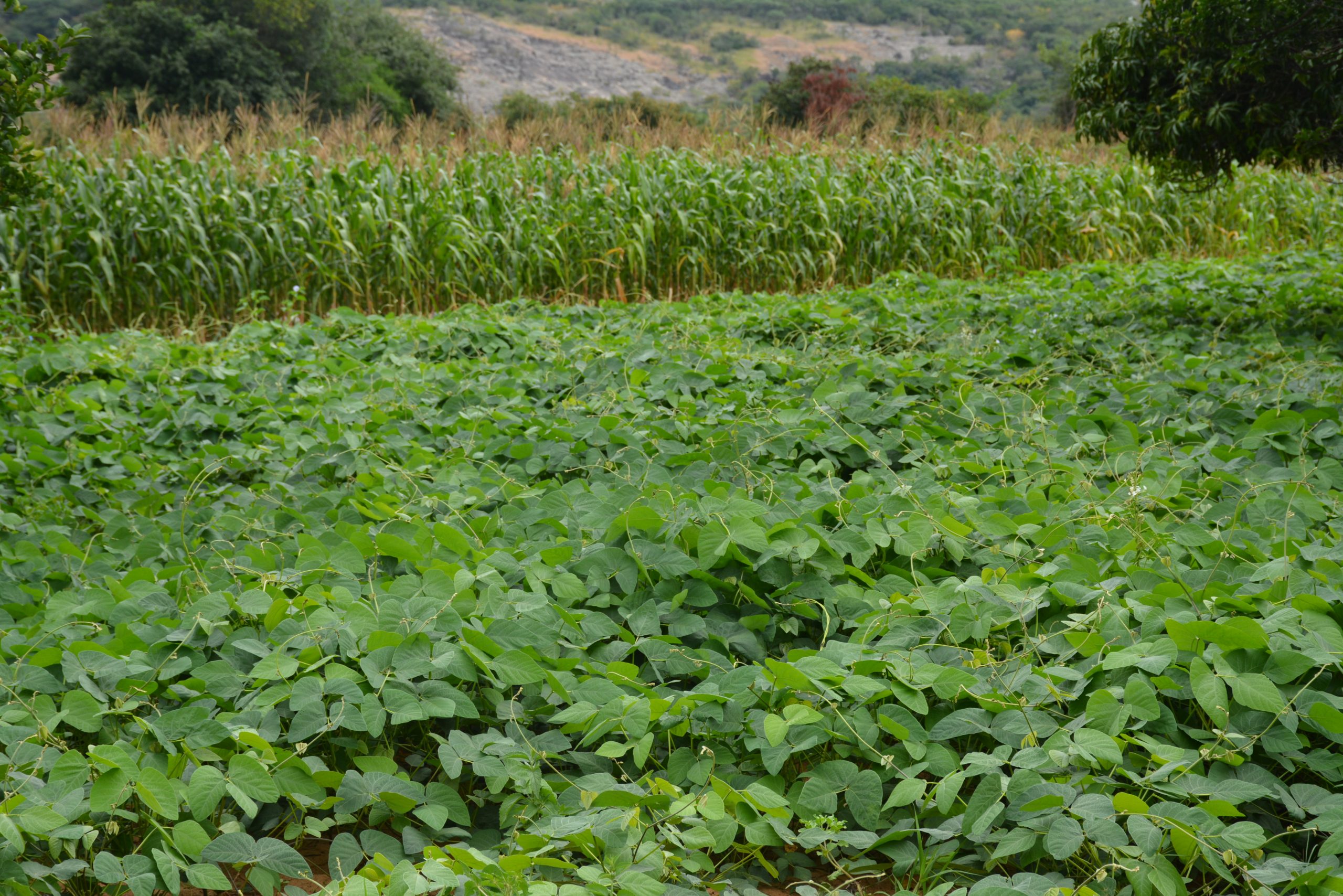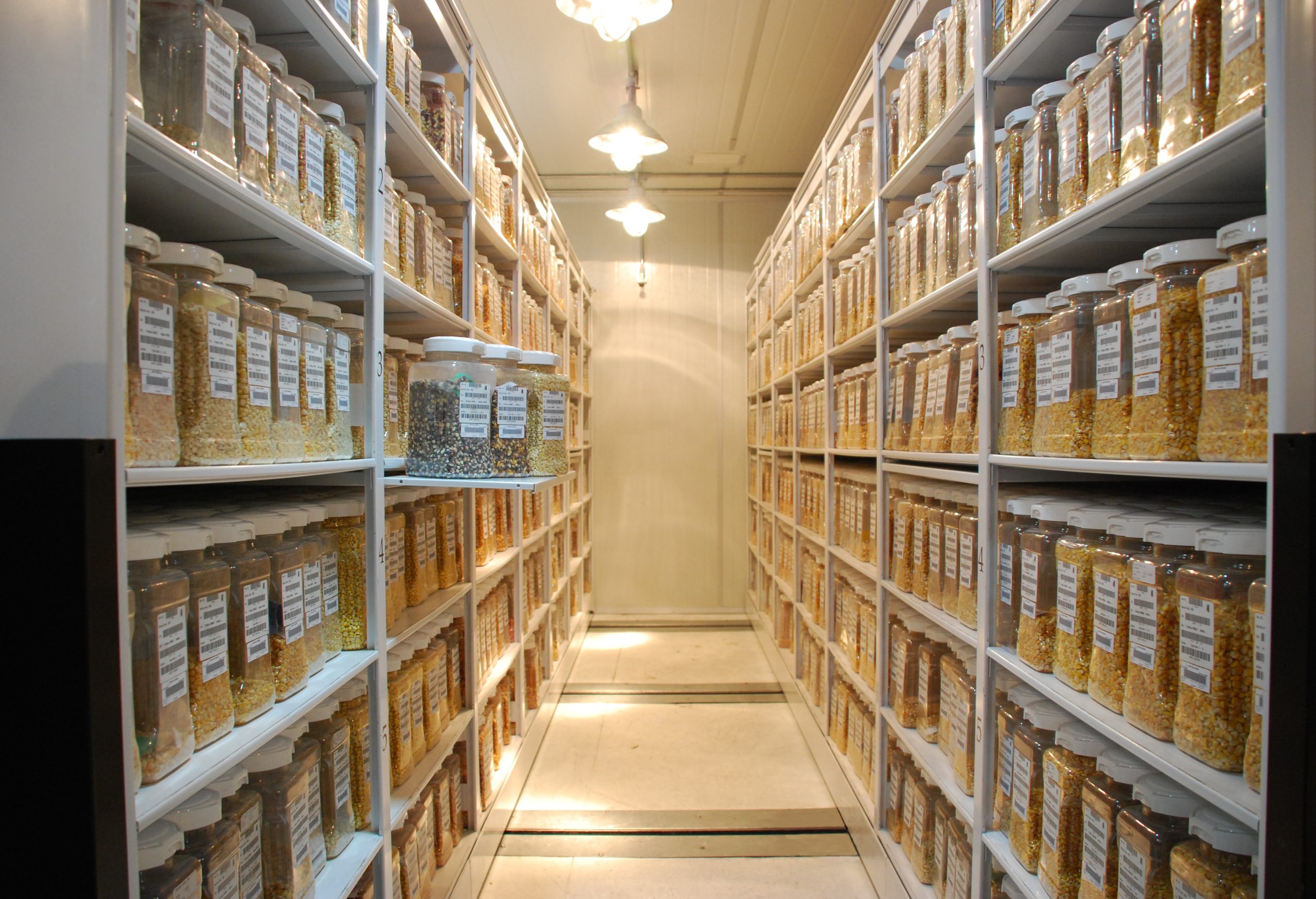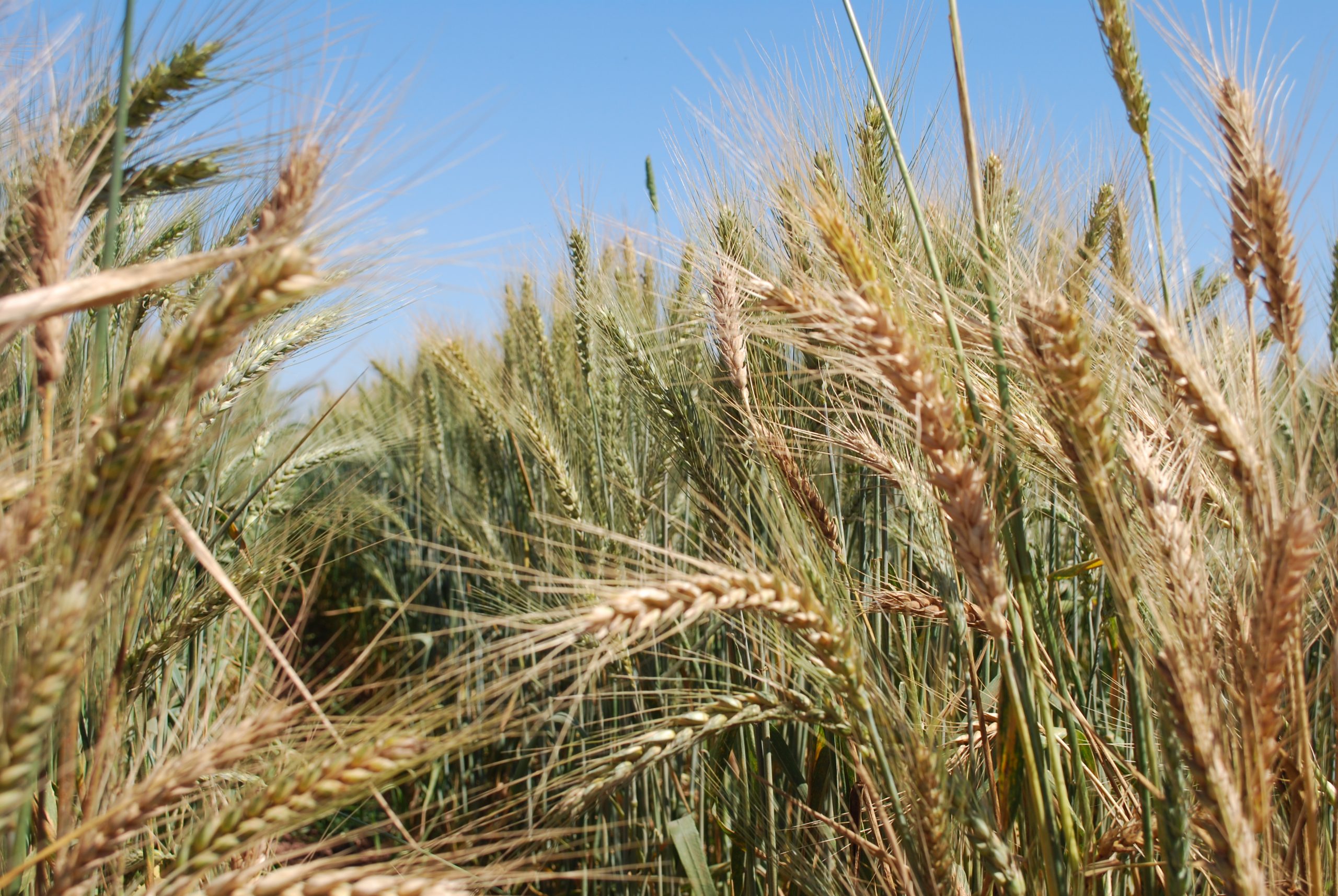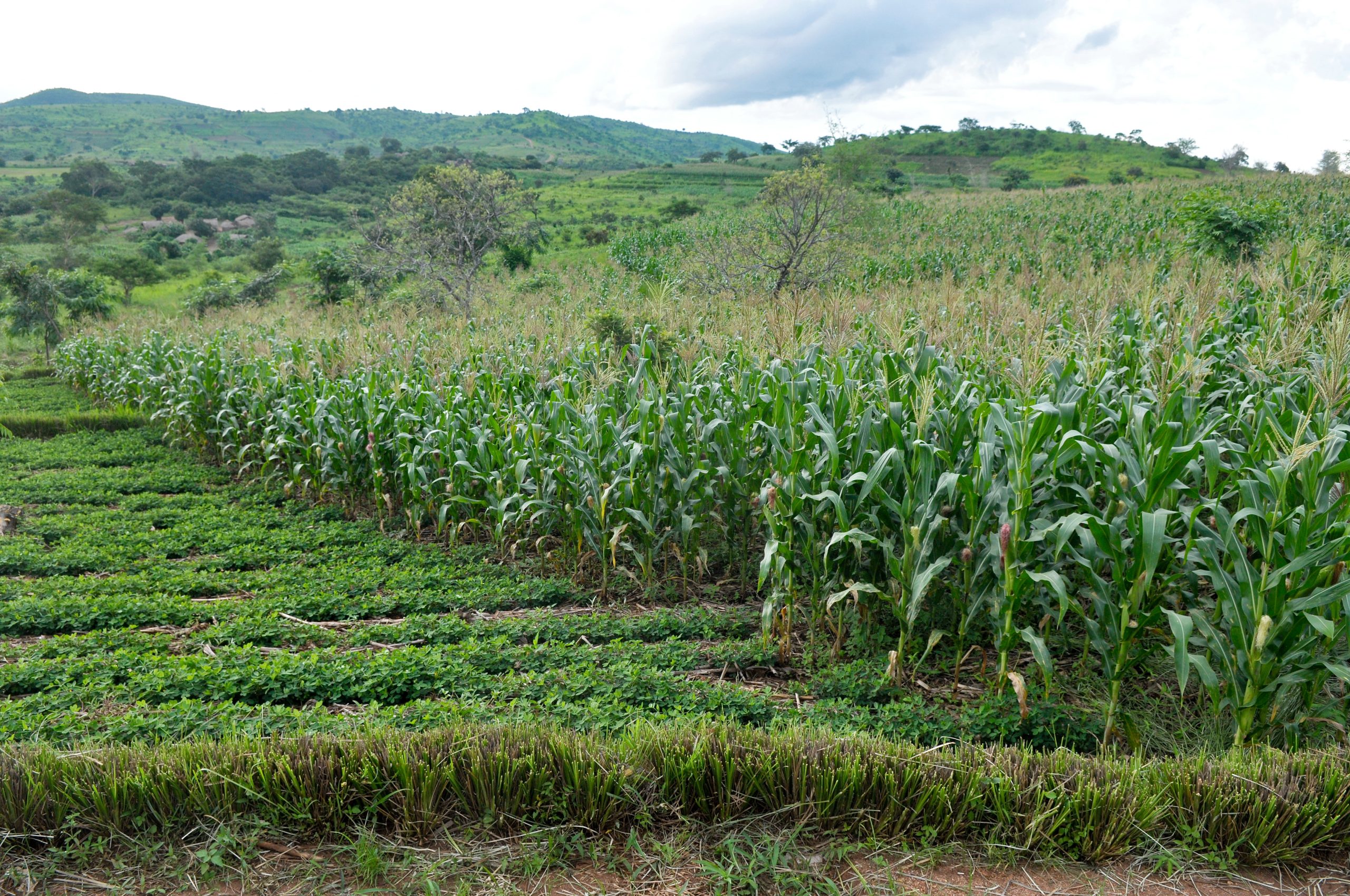Blogs
Food security is a national security issue everywhere
 Climate adaptation and mitigation
Climate adaptation and mitigation
Source: Global Bar Magazine (13 Jun 2023)
Lindiwe Majele Sibanda, CGIAR Systems Board chair, lays out strategies that build on CGIAR’s investments in rural economies for more diversified and resilient food systems.
Healthy Eating Week 2023: Sustainably feeding a growing world
 Nutrition, health and food security
Nutrition, health and food security
CIMMYT continues to contribute to human health, productivity and sustainable agriculture through the production and consumption of healthy foods, reducing ecological impact and improving the nutrition of rural communities.
The lessons of Indo-US cooperation in agriculture
 Innovations
Innovations
Source: The Indian Express (13 Jun 2023)
CIMMYT contributed to India’s agricultural development during the 1950s and 1960s. A brief history of this involvement – through the Green Revolution – is useful to understand CIMMYT’s journey of strengthening global partnerships.
CIMMYT at the Group of 20
 Environmental health and biodiversity
Environmental health and biodiversity
At the recent G20 MACS, CIMMYT endorsed joint agricultural research and innovative partnerships to address global challenges facing agrifood systems through a multi-crop and multi-disciplinary approach.
Science and partnerships are critical to reach G7 food security goals
 Nutrition, health and food security
Nutrition, health and food security
CIMMYT offers proven science and formidable partnerships to help achieve the recently stated G7 ambitions for global food security and nutrition.
Reviving Nepal’s agriculture
 Climate adaptation and mitigation
Climate adaptation and mitigation
Source: The Kathmandu Post (31 May 2023)
Mixed farming can boost food security and climate resilience. IWMI and CIMMYT are leading pilot efforts in Nepal to promote sustainable intensification of mixed farming systems (SIMFS).
Scientists breed new cereals
 Climate adaptation and mitigation
Climate adaptation and mitigation
Source: Daily Monitor Online (29 May 2023)
CIMMYT and NaSARRI have partnered to strengthen seed systems for smallholder farmers of millet, sorghum, and groundnuts.
New generation of farmers lead the way in making farming more productive and profitable
 Capacity development
Capacity development
Smallholder farmers increasingly benefit as the younger generation adopts mechanization and sustainable agri-technologies.
Inauguration of the international soil-borne pathogens research & development center in Ankara, Turkey
CIMMYT partners with Turkish Ministry to strengthen defenses against food security threat.
Chinese, Pakistani scientists collaborate in wheat molecular breeding
 Capacity development
Capacity development
Source: Technology Times (24 May 2023)
CIMMYT, Pakistan’s National Agriculture Research Center, and China’s Ministry of Science and Technology have collaborated in a project to increase the capacity of breeders and technical staff to develop new high-yielding and disease-resistant wheat varieties.
Accelerating delivery of stress-tolerant, nutritious seed in Eastern and Southern Africa
 Nutrition, health and food security
Nutrition, health and food security
CIMMYT and partners are working to accelerate the delivery of stress-tolerant and nutritious seeds to boost smallholder farmer resilience to drought and pests in Malawi, Tanzania, and Zambia.
Crop Trust leadership visits CIMMYT
 Environmental health and biodiversity
Environmental health and biodiversity
Securing biological diversity is a key mission for both organizations.
Collaborative wheat revolution tackles climate challenges
 Climate adaptation and mitigation
Climate adaptation and mitigation
Source: Technology Times (18 May 2023)
Rising temperatures, droughts, and extreme weather events affect crop yield, quality, and nutritional value. To dive into the challenges posed by climate change, scientists and farmers are collaborating to create a “Wheat Revolution.”
CIMMYT at AIM for Climate Summit
 Climate adaptation and mitigation
Climate adaptation and mitigation
CIMMYT participates in Climate Summit with an eye towards accelerating innovations.
Global experts unite to strengthen plant health management in the Global South
 Environmental health and biodiversity
Environmental health and biodiversity
Source: Smart Farmer Africa (16 May 2023)
Plant health experts met on May 12, International Day of Plant Health, to discuss and address the challenges facing plant health management capacity in the Global South.
